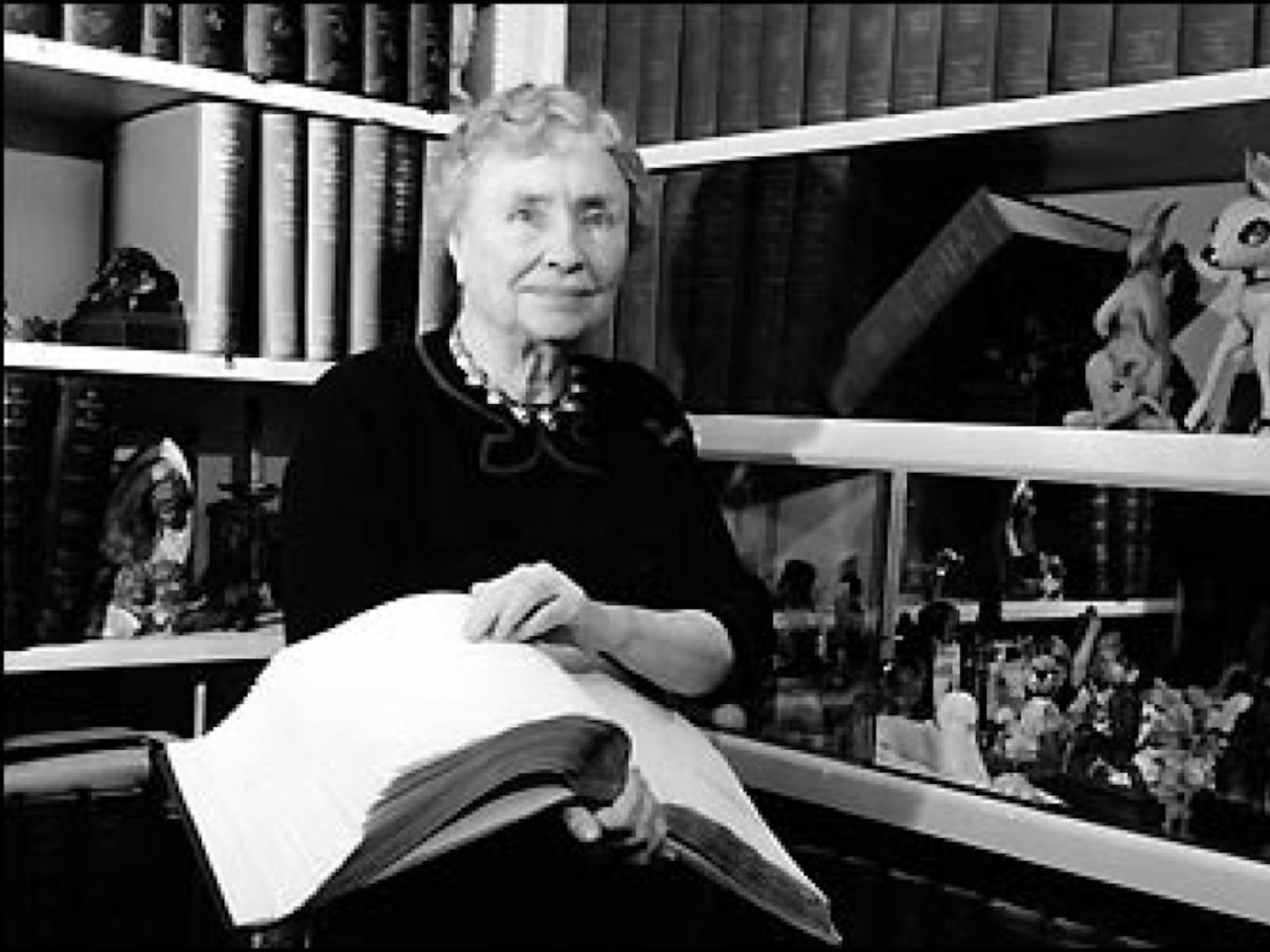My eyes teared up on Oct. 7, when I, along with other blind and visually impaired people, felt the statue of Helen Keller that was unveiled that day in the Rotunda of the U.S. Capitol.
I was moved by the statue’s depiction of Keller, age 7, standing over the pump (made famous by “The Miracle Worker”) at the moment when she learned the meaning of language.
I’m proud that the bronze likeness of Keller, who became blind and deaf at the age of 19 months, is the first statue of a disabled person to be placed in the capitol.
What I find most inspiring about Keller, however, isn’t the story of her childhood but her passion for and work toward justice and equality for everyone.
“Today, we recognize her as that child, but also as the woman she became: … politically active, and a standard bearer for the great causes of her age and of ours,” said House Speaker Nancy Pelosi at the statue unveiling ceremony.
Keller, who lived from 1880 to 1968, defied the low expectations our country has historically had of people with disabilities. She graduated from Radcliffe College in 1904, wrote many books, traveled the world and worked to improve living conditions for disabled people.
When I think about Iraq War veterans who are returning home with disabilities, I recall Keller’s visits with soldiers wounded in World War II. Keller, like most of us with disabilities, didn’t believe we should be pitied. Disabled veterans “do not want to be treated as heroes,” she said. “They want to be able to live naturally and to be treated as human beings.”
Though Keller worked for 44 years with the American Foundation for the Blind, her social concern was far from limited to people with disabilities.
“My work for the blind … has never occupied a center in my personality,” she wrote. “My sympathies are with all who struggle for justice.”
Throughout her life, Keller opposed racism. “It should bring a blush of shame to the face of every true American,” she wrote to the vice president of the NAACP in 1916, “to know that 10 million of his countrymen are denied the equal protection of the laws.”
Keller was also an early feminist who fought for women’s rights to education, to work, and to birth control. And Keller, whose books had been burned by the Nazis, was one of the first to decry the horrors of the Holocaust.
At a time when unions were even less popular than they are now, Keller said the labor movement “is essential for democracy.” At the height of McCarthyism, she spoke out against the House Un-American Activities Committee. Though it never conducted a full investigation of Keller, the FBI kept a file on her.
Many people in this country and around the world will be touched when they see or hear about the newly unveiled statue of Helen Keller.
I hope her statue will inspire all of us to work for justice, not only for people with disabilities, but for everyone.









